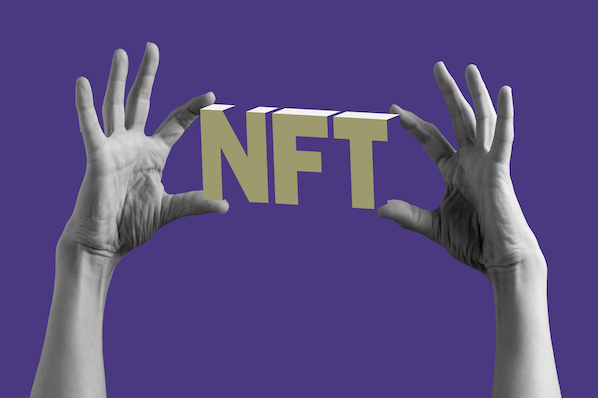Snapchat Highlights the Flaws of Last-Click Attribution
Some notes on the evolution of spending behaviors, and how that relates to ad approaches.

Social media platforms want to wean the industry off of last-click attribution as a means to measure the true impact of their ad campaigns, because these days, the vast majority of purchase journeys are far less direct, and rely on broader discovery and awareness.
That’s what Snap’s looking to highlight in its latest report, which looks at how focusing purely on last-click connection misses a significant element of the modern consumer process.
As per Snap:
“Both Gen Z and Millennials have a ton of spending power, however, how and where they purchase have evolved in the past few years as they engage across multiple devices and channels. The path to purchase is no longer linear and last-click attribution can not stitch together their non-linear paths to purchase accurately.”
Illustrating this, Snap has published new insights which show how younger audiences discover products, and how that relates to purchase behavior.

Snap says that younger audiences “heavily research and discover products on social media, influencers, etc. before converting.” Last click attribution often misses this upper funnel discovery process, and the engagement involved in these kinds of experiences, which means that such approaches are significantly undervalued by marketing teams.
Snap’s advice here is that brands should continue to focus on both brand and direct response approaches (i.e. driving conversions) to get a true sense of overall brand impact.
In other words, while your branding and engagement efforts may not directly drive direct purchases, in combination, both elements remain important, and should continue to see investment.

That, of course, makes sense, and it makes sense for Snap too, in terms of feeding more revenue into its business. But the main point that Snap’s looking to underline with these insights is that Snapchat is really good for brand experiences and building community connection. It’s less great for driving direct purchase activity.
Each platform is different in this respect, but Snap wants businesses to understand that even if you can’t draw a direct line between your Snap campaign spend and bottom line results, by combining the impression data with sales, you will see a greater correlation.
It’s a worthy consideration, which may be something to note within your approach.
You can read Snapchat’s full report here.

 Tekef
Tekef 































